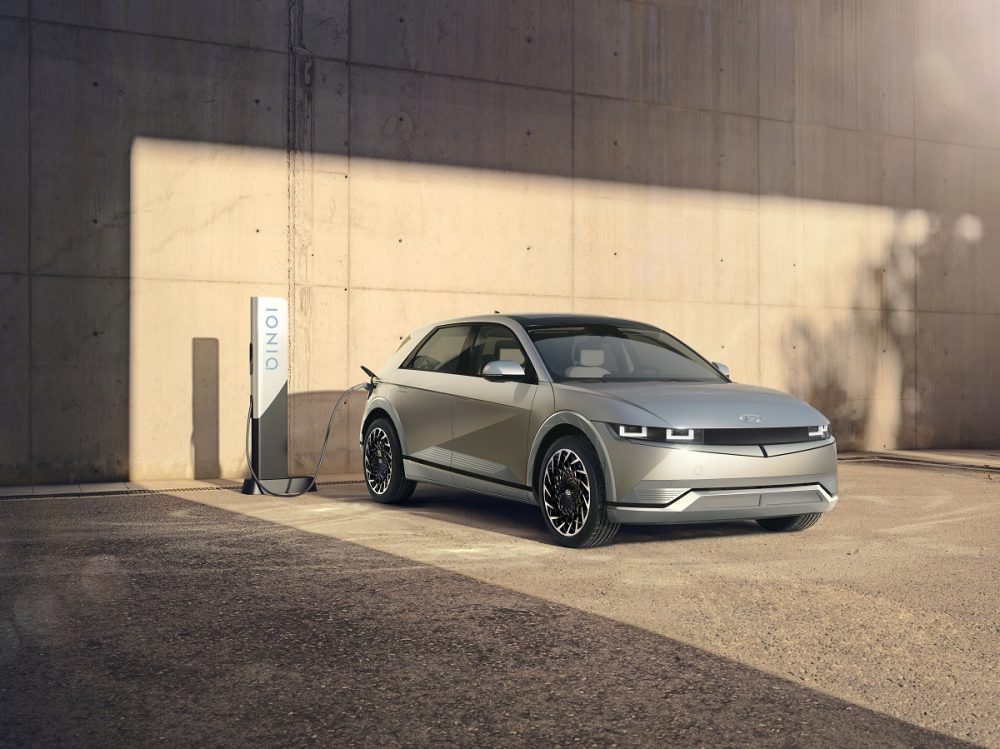Hyundai to Invest Billions in U.S. for EVs, Hydrogen, and Robotics
Through 2025, Hyundai plans to invest $7.4 billion in electric vehicle production, hydrogen energy, and a variety of other future mobility initiatives for the U.S. market.
The New 2022 Hyundai Tucson Is Here: See photos, specs, and more for this redesigned SUV
“This investment demonstrates our deep commitment to the U.S. market, our dealers, and customers,” said Jose Munoz, CEO of Hyundai Motor North America. “Hyundai will lead the future of mobility in the United States and around the world. Our efforts are proof positive that Hyundai will continue to pursue excellence in our current and future product lineup.”
Hyundai’s multibillion-dollar bet on future tech
A big chunk of Hyundai’s U.S. investment will go toward growing the company’s EV manufacturing operations. Over the next few years, Hyundai plans to roll out a lineup of U.S.-made EV models, including the Ioniq 5. Increased production capabilities will play a crucial part in this strategy. It’s not clear yet whether the automaker plans to build a new EV production facility, expand its Alabama plant, or enlarge the Georgia plant operated by Hyundai Motor Group partner Kia.
A Hyundai Favorite: Get the details on the refreshed 2021 Santa Fe SUV
Another part of the Hyundai investment strategy will focus on hydrogen fuel cell technology. Hydrogen vehicles don’t get the attention that EVs do, but Hyundai hopes to change that. It’s working with the U.S. government and businesses to develop hydrogen refueling infrastructure, deploy the Nexo fuel cell SUV, and build fuel cell trucks for commercial transport.
Finally, Hyundai is creating a U.S. subsidiary for its Urban Air Mobility initiative. This seeks to create hubs for what Hyundai is calling Personal Air Vehicles as a way to reduce city congestion. Hyundai is also working with U.S. partners like Lyft and Boston Dynamics to develop robotic taxis and other autonomous driving tech.
For more information on Hyundai’s vehicles, future mobility efforts, and company initiatives, dig into our continuing coverage here at The News Wheel.
A longtime editor/writer and recently transplanted Hoosier, Caleb Cook lives in Xenia, Ohio. His favorite activities are reading and listening to music, although he occasionally emerges from the heap of books and vinyl records in his basement to stand blinking in the sunlight. Once fully acclimated to the outside world again, he can be observed hanging out with his wife, attempting a new recipe in the kitchen, attending movies, walking the dog, or wandering into a local brewery to inquire about what’s on tap. See more articles by Caleb.



